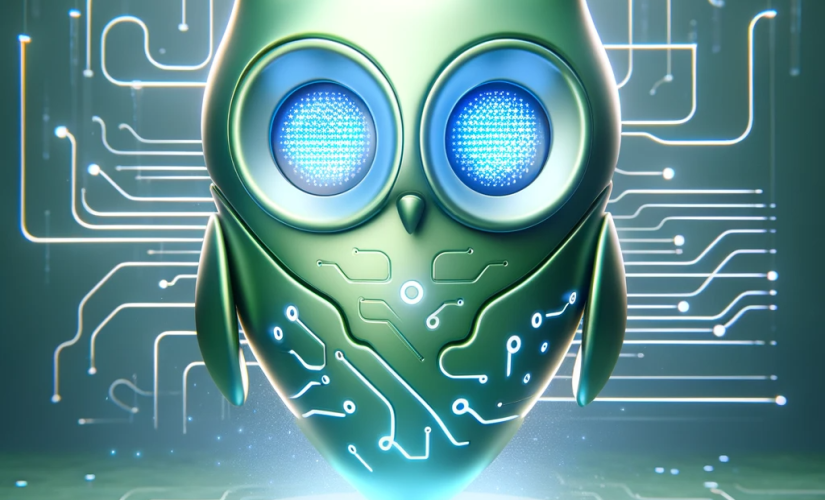Duolingo, the language learning app, recently parted ways with 10% of its translation contractors, hoping to replace them with Artificial Intelligence (AI) tools, reports Bloomberg.
Speaking to Bloomberg, a Duolingo spokesperson said, “We just no longer need as many people to do the type of work some of these contractors were doing. Part of that could be attributed to AI.”
This further confirms a stance the company began to make clear on a November earnings call where CEO Luis von Ahn said that the company was beginning to use AI for many applications, creating “new content dramatically faster,” including scripts for language teaching, and direct feedback to users on their premium offering.
The language learning app has been keen to clarify that it has not laid anyone off, simply declined to renew contracts after 2023 ended. The spokesperson said that this is not a “straight replacement” and that many staff use AI tools. No full-time staff were affected by this decision. It seems that Duolingo is moving towards an AI-augmented human workforce.
The reception by Duolingo customers has been negative
People have taken to social media to express their displeasure at the path the company is taking.
Duolingo laid off a huge percentage of their contract translators, and the remaining ones are simply reviewing AI translations to make sure they're 'acceptable'. This is the world we're creating. Removing the humanity from how we learn to connect with humanity. pic.twitter.com/YdT6CTB3Kj
— Reid Southen (@Rahll) January 8, 2024
The Duolingo Subreddit is awash with people discussing the news, with many saying they plan to cancel their premium memberships.
People have also been discussing the removal of fan-favorite features such as user discussion boards and user-made grammar guides, with some speculation that the now-inaccessible information that people spent hundreds of unpaid hours making has been used to train AI with.
The ongoing effect of AI on the workforce
The World Economic Forum reported in April that AI is set to cause “significant labor-market disruption” over the next five years, with “substantial proportions of companies forecasting job displacement in their organizations.” The report also states that generative AI specifically was of concern.
In March last year, OpenAI, creators of ChatGPT who have since seen heavy investment from Microsoft, claimed that 19% of the workforce could see as much as 50% of their jobs affected by AI. Last year, Microsoft partnered with the American Federation of Labor and Congress of Industrial Organizations, which represents 60 labor unions, to “create an open dialogue” on how AI will impact workers, and to provide training to labor leaders. There have long been calls for these kinds of discussions between corporations and workers about AI.
Featured image credit: Dall-E




